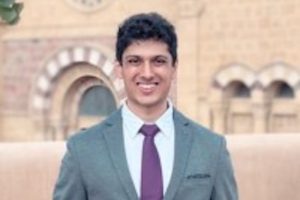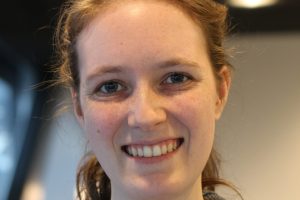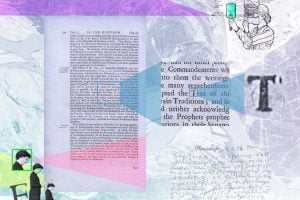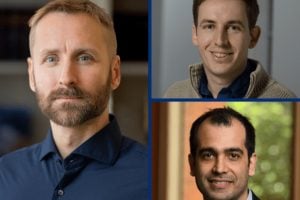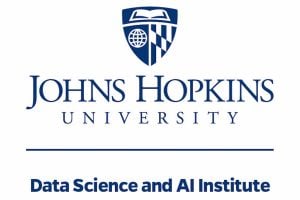
The Johns Hopkins Data Science and AI Institute is proud to announce its inaugural postdoctoral fellows for the 2025-2026 academic year. These distinguished scholars will join the Institute’s growing research community, collaborating with faculty across a wide range of academic disciplines and divisions at Hopkins. As part of this cohort, the fellows will significantly contribute to the Institute’s research, education, policy, and outreach goals.
The Johns Hopkins Data Science and AI Institute Postdoctoral Fellowship Program aims to advance data science and artificial intelligence, along with their applications across various fields, including science, health, medicine, the humanities, engineering, policy, and ethics.
“The DSAI Postdoctoral Fellowship Program is vital for creating the next generation of academicians in data science and artificial intelligence,” says Rama Chellappa, Bloomberg Distinguished Professor and interim director of the Data Science and AI Institute. “The inaugural cohort of postdocs, Drs. Darshil Doshi and Katherine Van Koevering, will contribute to activities in multiple DSAI neighborhoods, such as foundations, scientific discovery, and interactive and embodied AI.”
This program supports Johns Hopkins’ historic commitment to build the nation’s foremost destination for emerging applications, opportunities, and challenges in data science, machine learning, and AI.
2025/2026 Postdoctoral Fellows
Darshil Doshi
Darshil Doshi received his PhD from the University of Maryland, College Park. His research focuses on the science of deep learning, aiming to bridge the gap between practical applications and theoretical foundations. Drawing parallels with the physical sciences, he works to develop mathematical frameworks that describe key phenomena in artificial intelligence systems. His work centers on two fundamental aspects of modern deep learning: scaling and emergence. While the scaling of data and compute has driven unprecedented improvements, AI capabilities often emerge in complex and unexpected ways as systems grow.
Katherine Van Koevering
Katherine Van Koevering received her PhD from Cornell University. She conducts cutting-edge research on the flow of information and the development of network structures within online communities. Her work also involves computational linguistic analysis to uncover patterns in language. She uses these patterns, along with common human traits, such as in the artificial production of randomness, to identify biases embedded in modern technology and to measure the humanness of large language models.
